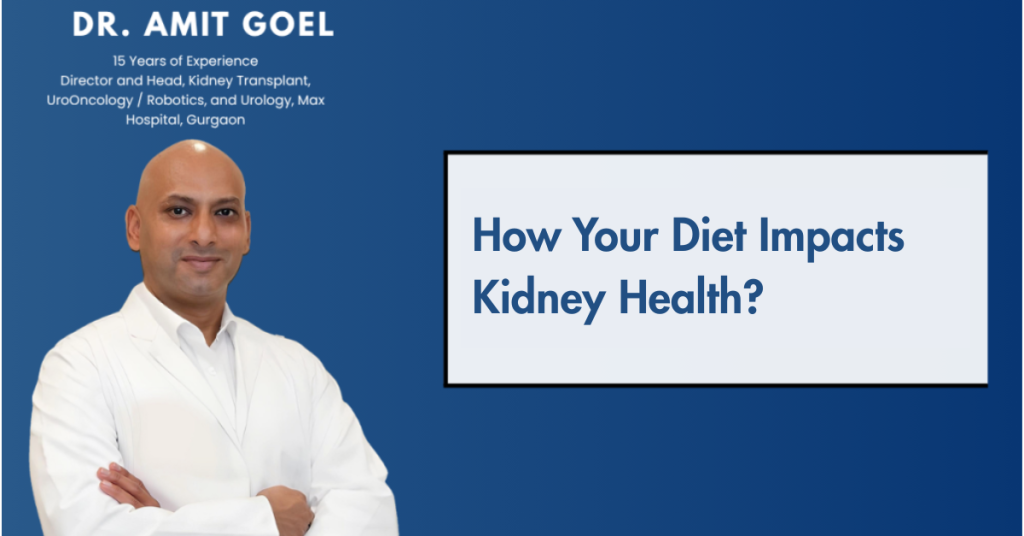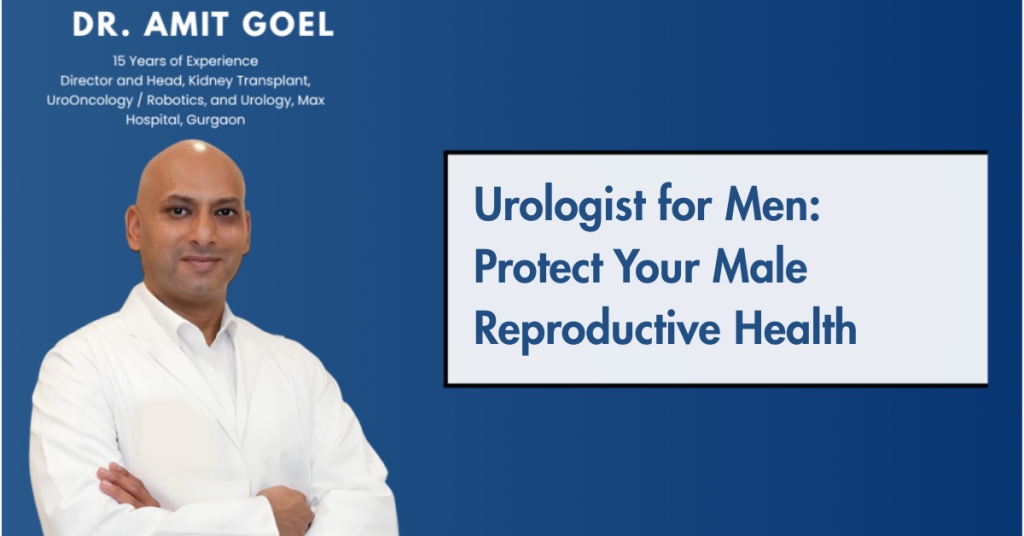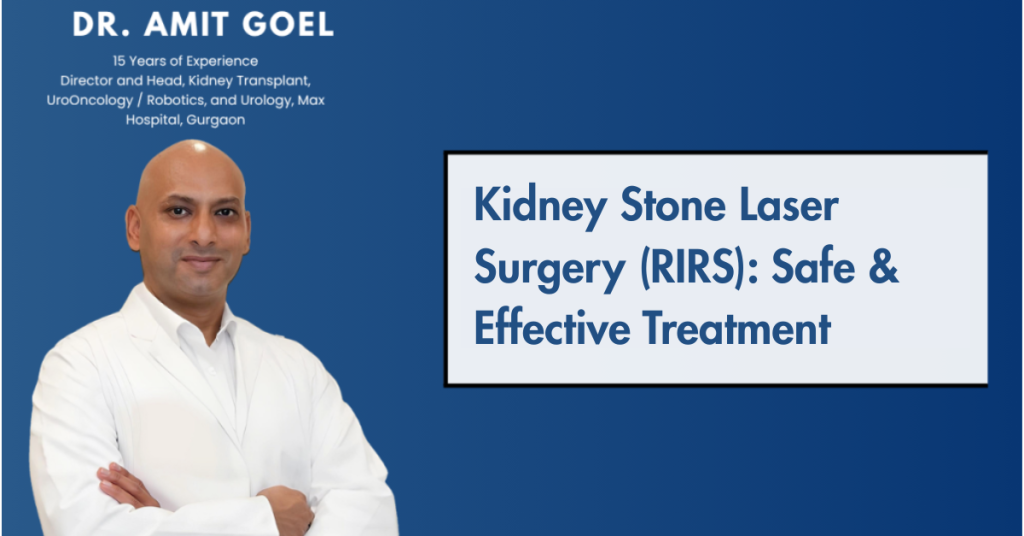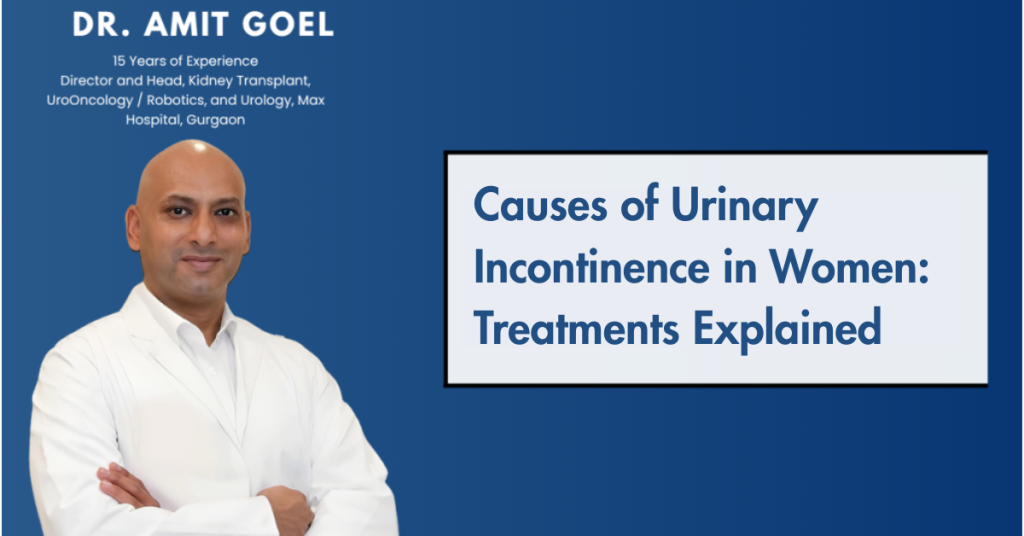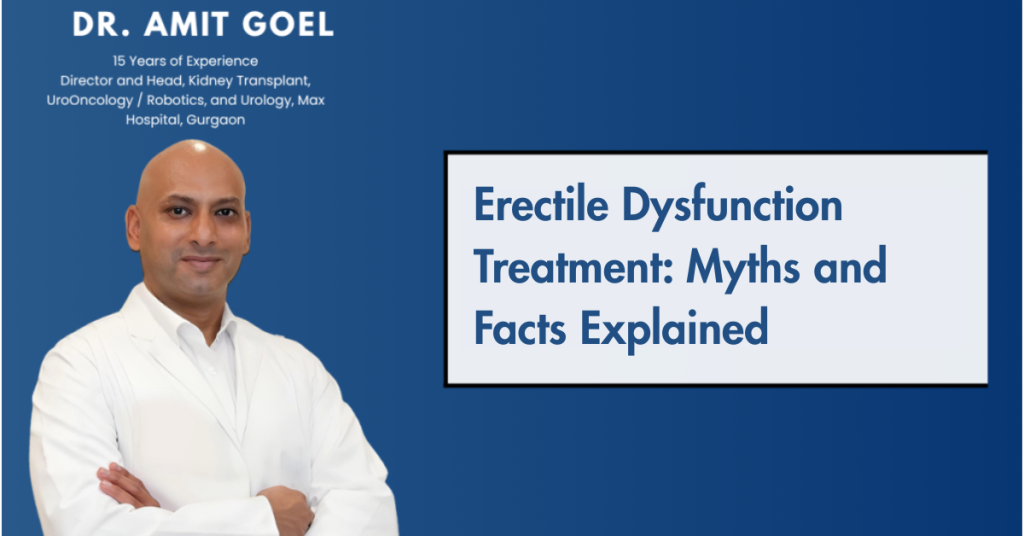Staghorn Kidney Stones: Why They Occur and How They Are Treated Today
Staghorn kidney stones are not your regular, annoying pebble-in-the-system situation. These are the final boss of urinary stones—large, branching, and capable of quietly wrecking kidney health if ignored.






